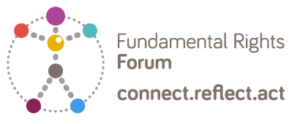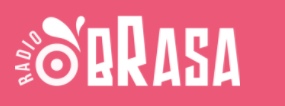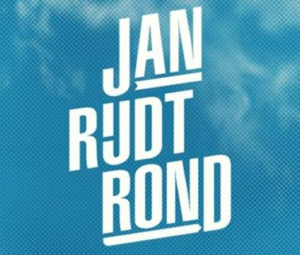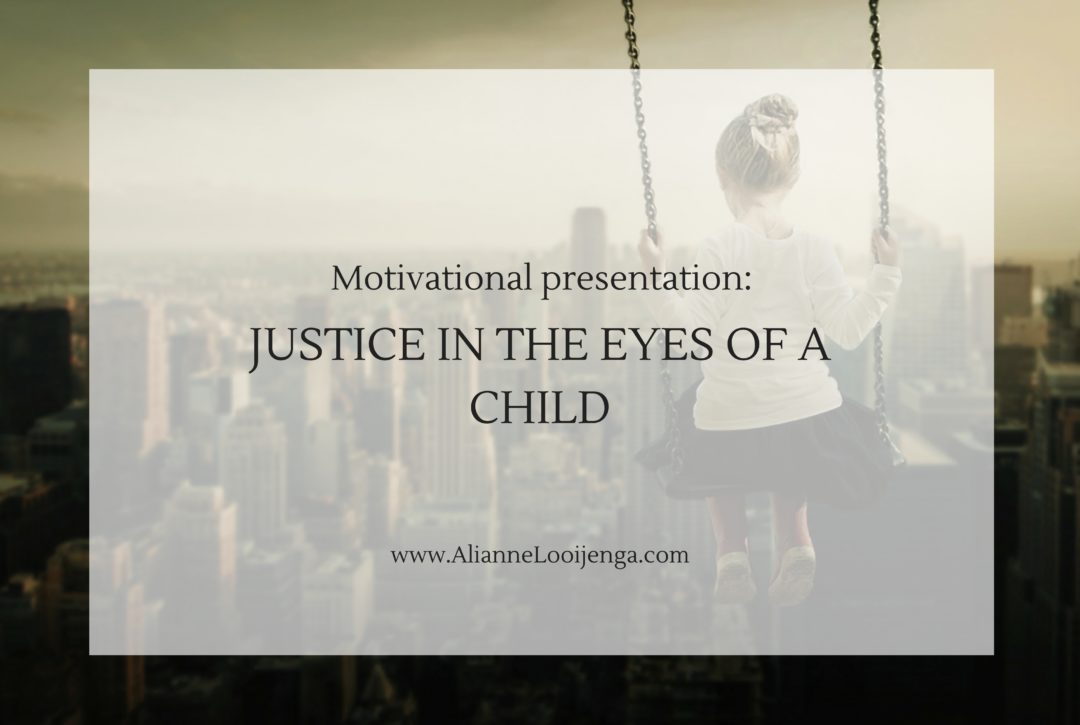When one parent accuses the other parent of (child) abuse, social workers, judges and prosecutors face harsh descisions. Is this child really in danger or accuses one of the parents, the other parent of abuse in order to punish him or her?
But what if you are the parent, and because of the misjudgement of professionals your son is abused so severly that he became permanently hearing impaired?
In “Justice in the eyes of a child” Alianne Looijenga shares her story from being the mom who’s son became hearing impaired when professionals decided despite the evidence that the still non-existend bond between father and son was more important than the safety of the child. How she was threathened with jail and penalty payments if she didn’t agreed to unsupervised visits. Because according to the professionals: mom and dad weren’t together anymore thus the father probably wouldn’t abuse any longer.
Alianne explains in the presentation the most common mistakes that are made by professionals that makes the period after leaving an abuser even more dangerous and gives tools and information about what abuse survivors need to help them grow from a place of scarcity and fear to a more positive future. We talk about how to talk with possible abusers and survivors, different kinds of abuser personalities and what to do when in doubt about an situation.
Learning Objectives
- Become aware of mistakes professionals make that put an survivor and their child in harmsway.
- How to transform and empower the lives of survivors so they can grow from a place of fear and scarcity to a state trust and joy that comes from healing and growth.
Type of Presentation: Inspirational Keynote
Ideal Audience: women’s empowerment conferences, events for judges, the police, social services, prosecutors, events for survivors of abuse, corporate events, fundraising gala presentation, high school/university presentation
Optional Add-ons:
- Online access to the “How to do Justice in the interest of the child” webpage that can be shared with colleagues or students who were unable to attend the event ( internal purposes only).
- The presentation can be adjusted to the knowledge rate of the audience. We can talk more about my experiences or go for an more in depth talk about for example PAS vs ACE.
- Classroom curriculum and discussion prompts to learn to indentify which believes are limiting us when facing survivors and possible perpatrators of abuse.
Testimonial:
“I stumbled upon Alianne Looijenga in a Facebook business group when I noticed her work with helping survivors of abuse and domestic violence. I clicked on the link to her website and within a couple minutes, I just knew I had to get in touch. What an inspiration! She is so open and honest with her experiences, not just with the abuses she has endured, but with her recovery. Alianne is not afraid to vividly express the pain she felt along her journey, as well as every bit of joy and pride that comes with growth and healing.
She’s also not afraid to outline her experiences with the system that made her journey even more difficult, putting her and her children in dangerous situations. She points a very valid finger in the direction of the people and organisations that offered little to no support. More importantly, she fights for the change that is so necessary in this system. She does this by inspiring so many people, not just in her writings, but in her speaking events. She offers a real voice that hits home. If it could happen to her, it could happen to anyone.
She works tirelessly to help people understand the warning signs, and to support their loved ones in their journey to heal. I do not hesitate to contact Alianne when I am counselling someone in a domestic violence situation, as I know she will speak honest, caring, and moving words that will help guide me to support my clients in this situation.”
” That Alianne uses her past as a scource to help others is very admirable and made an big impression to my University students”
- N.M. Honing, Hanze University
“This week third year students attended a presentation about signaling child abuse and applying the reporting code. Alianne told about her experiences as a child. She told about being sexually abused and how her family didn’t intervene. Next to that she told about how her abusive ex-partner abused and threathend her and the children and the lack of knowledge and understanding from professionals and people close to her.
She also told about mistakes made by professionals. A very impressing story. The students were very quiet while listening. Especially when you realise that 40% of the women below the age of 16 will experience sexual abuse. Alianne had as statement to gain more scientific knowledge about abuse, and how to make desciscions based on the best interest of the child. Thank you for your presentation Alianne. The students will have a work lesson to talk about this presentation and follow an E-learning program about signaling child abuse and the use of the reporting code.“
- D. Verhees – Kempel University
Book Alianne
Alianne is available for speaking engagements worldwide. Tell us a little bit about your event and we will get back to you to see how we can help.
————————————————————————————————————-
As seen in/spoken for:


![]()








